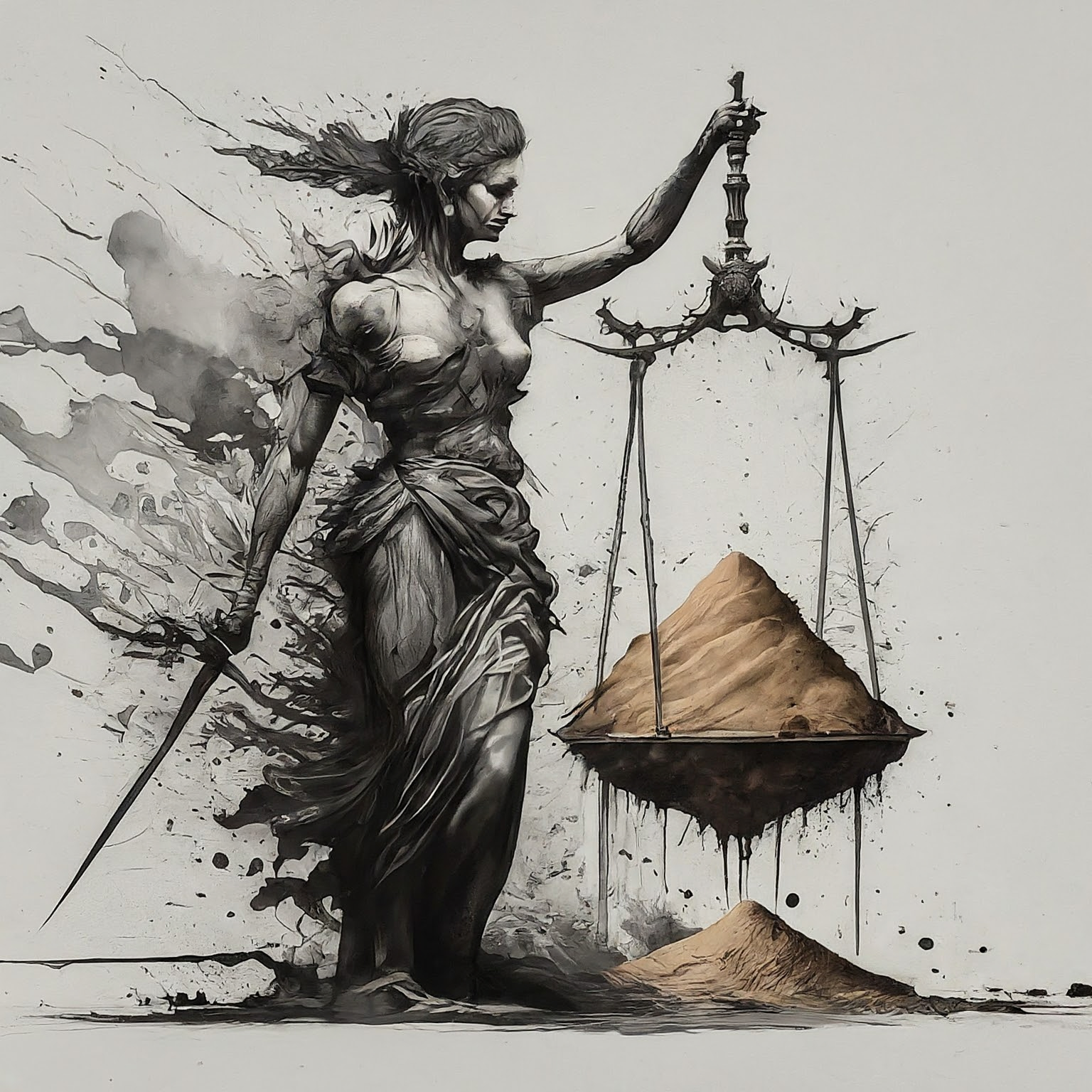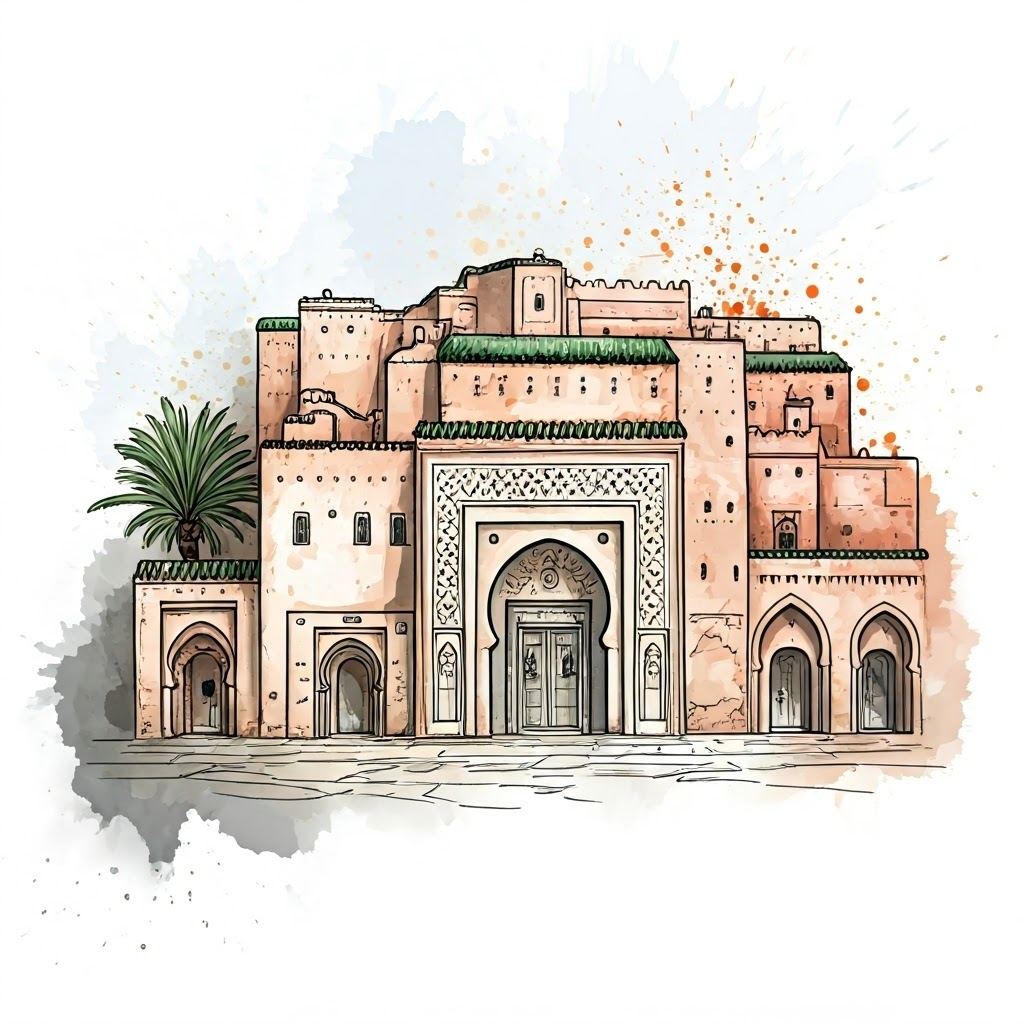The Economic Community of West African States (ECOWAS) has thrown down the gauntlet, backing the creation of a special court to try crimes committed during the reign of Gambia’s former dictator, Yahya Jammeh. This move has sent shockwaves through the region and has raised the stakes for accountability in West Africa. Get the inside scoop on what this means for the future of justice in the region.
- ECOWAS supports a special court for Gambia
- Court to address human rights abuses from 1994-2017
- First time ECOWAS partners with a member for such a court
- Yahya Jammeh’s rule was marked by rights abuses
ECOWAS Takes a Stand: Special Court for Gambia
In a landmark decision, ECOWAS has officially endorsed the establishment of a Special Tribunal for Gambia. This court will be tasked with investigating and prosecuting the serious human rights violations that occurred between July 1994 and January 2017, during Yahya Jammeh’s authoritarian rule. This isn’t just another meeting; it’s a clear signal that ECOWAS is taking a firm stance against impunity.
Jammeh’s Reign of Terror: A Look Back
Yahya Jammeh’s 22-year grip on power was not just about quirky outfits and questionable leadership. It was a period marred by widespread human rights abuses. From arbitrary detentions to extrajudicial killings, Jammeh’s regime was a dark chapter in Gambian history. Adding insult to injury, it’s been alleged that state funds were often diverted for Jammeh’s personal use. This new court aims to bring closure to the victims of these crimes.
Why This Court Matters
This is not just about Gambia; it’s about the message ECOWAS is sending to the entire region. This marks the first time the bloc has partnered with a member state to create a court of this nature, highlighting a significant shift in their approach to justice and human rights. This could set a new precedent for how ECOWAS addresses historical wrongdoings, especially in nations emerging from periods of dictatorship.
The Impact on West Africa
The establishment of this court could have far-reaching consequences for the entire West African region. Nations with similar histories of human rights violations may see this as a beacon of hope, potentially emboldening victims to seek justice. It also underscores a growing commitment to accountability in a region that has often been marred by impunity.
What’s Next?
The formation of the Special Tribunal for Gambia is just the beginning. There are many logistical and legal hurdles to overcome. The court will need to be properly funded and staffed, and it must have the full cooperation of the Gambian government and the international community to be effective. The world will be watching closely to see if justice is truly served.
A Call for Justice
The move by ECOWAS is not just a legal development; it is also a powerful statement of moral intent. It sends a clear message that the region is no longer willing to tolerate human rights abuses and that those responsible will be held accountable. It remains to be seen how this new legal process will unfold, but it is certainly a step in the right direction for a more just and accountable West Africa.





